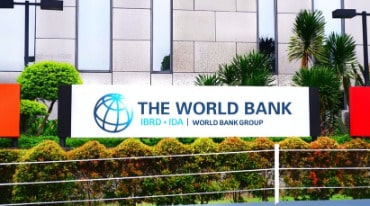Efforts by the government of Burkina Faso to speed up the country’s digital public infrastructure (DPI) pursuits will receive financial backing from the World Bank through the International Development Association (IDA).
The funds, totaling $150 million, were approved by the Bretton Woods institution early this year, and they’ll be used to improve access to infrastructure, public services, and digital skills in the West African country under a project labelled “Digital Acceleration Project.”
With the World Bank funding, the Burkinabé government will be able to expand digital connectivity in order to provide services aimed at vulnerable populations such as internally displaced persons (IDPs) and underserved communities which are often cut off from accessing important public and private sector services.
“This project will provide economic opportunities and access to public services for the population, including displaced persons. It will specifically help improve broadband access, spur growth and innovation, foster competition, and facilitate investments in the digital economy and in the education and health sectors,” says Clara Ana De Sousa, World Bank country director for Burkina Faso, Chad, Mali, and Niger.
Also commenting on the project, World Bank Task Team Leader Tounwendé Alain Sawadogo says: “Recognizing the potential of digital technology to address fragility and strengthen resilience in Burkina Faso, this key infrastructure project aims to increase access to broadband connectivity for the population, particularly in areas that are vulnerable to climate shocks and are hosting displaced persons. It also aims to develop digital public services, train public administration staff in digital skills, and provide young people with opportunities to acquire digital skills and jobs.”
This project is expected to build on the gains already achieved with two previous projects – the West Africa Regional Communications Infrastructure Project (WARCIP-BF) and the e-Burkina Project.
Burkina Faso is among 10 countries currently running different pilots for digital ID using MOSIP, after the country signed an MoU with the open-source platform in December 2022 for 1,000 enrollments. MOSIP, by the way, recently celebrated its ecosystem of partners at a MOSIP Connect event in Ethiopia last week.
The country has also been part of the ECOWAS Passport community in West Africa as well as a member of the WURI digital ID project, but the future of its participation in these important ID initiatives was recently thrown into uncertainty when the country and two others (Niger and Mali), pulled out of the ECOWAS political bloc.
Article: Burkina Faso’s digital transformation gets $150M World Bank support
